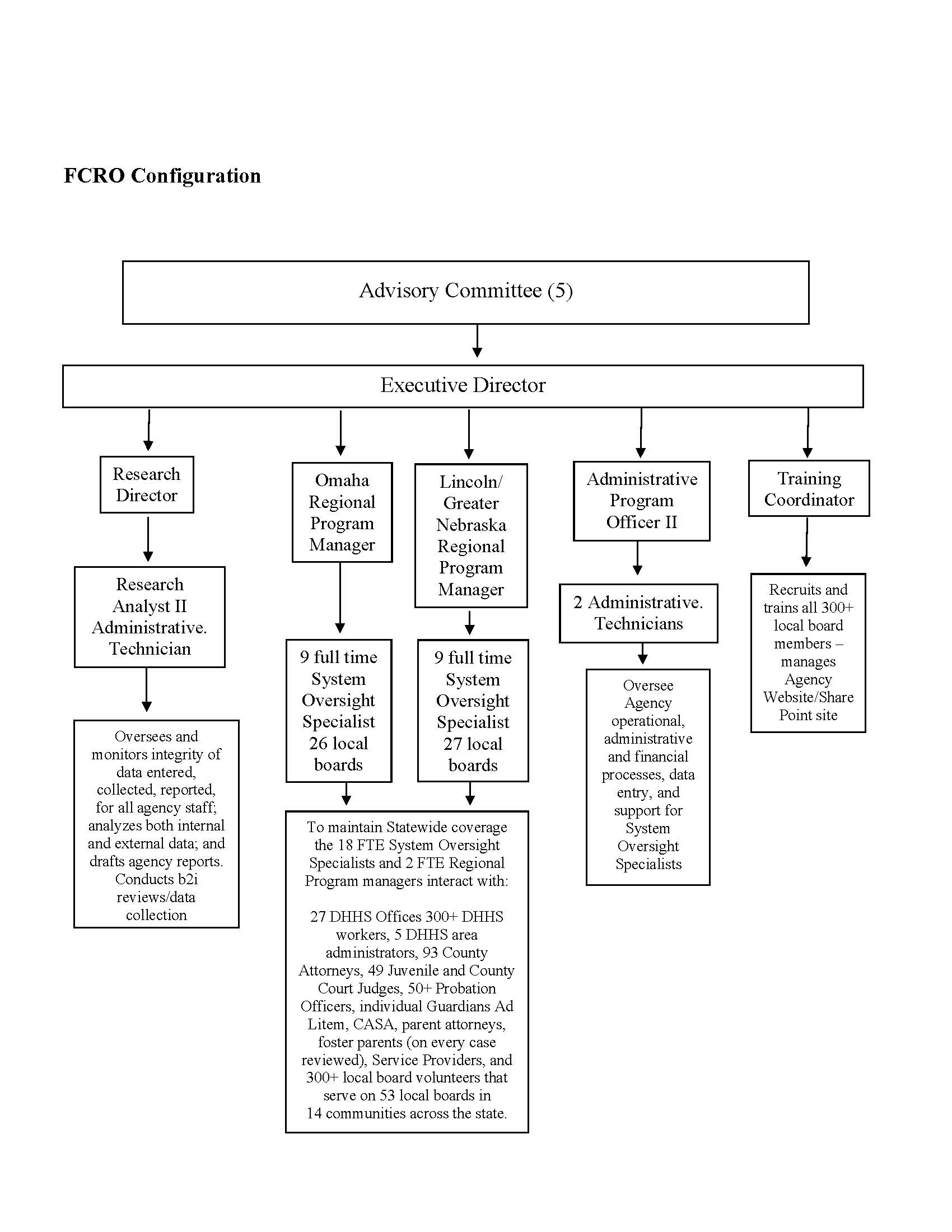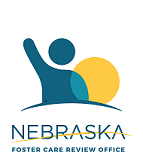Mission:
We make recommendations that result in meaningful change, great outcomes, and hopeful futures for children and families.
Vision:
Is for every child and family to flourish.
About the FCRO
The Nebraska Foster Care Review Office (FCRO) is an independent state agency responsible for overseeing the safety, permanency, and well-being of children in out-of-home care in Nebraska. Through a process that includes case reviews, data collection and analysis, and accountability, we are the authoritative voice for all children and youth in out-of-home care. The FCRO submits a report, including policy recommendations, to the Legislature each quarter and culminating with a comprehensive annual report each September 1. Reports can be found on this website under Publications. Ultimately, our mission is for the recommendations we make to result in meaningful change, great outcomes, and hopeful futures for children and families.
Cases reviewed by the FCRO include children in out-of-home placement or trial home placement in the custody of Nebraska Department of Health and Human Services(DHHS), children/youth in out-of-home care under the supervision of Juvenile Probation, and the cases of young adults ages 19-21 that are enrolled in the Bridge to Independence Program.
The FCRO has 53 community-based local citizen review boards statewide. Each board consists of 5-7 trained volunteers who review 4-5 cases each month and make recommendations to courts and legal professionals about necessary actions and next steps required in each case. Local review boards reviewed over 4,300 cases in fiscal year 2020-2021.
On April 20, 2022, in recognition of the Foster Care Review Office's 40 years of service and the work of the volunteer board members, Legislative Resolution 441 was passed by the Legislature of Nebraska in the One Hundred Seventh Legislature, Second Session. The Legislature congratulated the Foster Care Review Office for 40 years of pursuing meaningful change, great outcomes, and hopeful futures for children in foster care.
If you are interested in volunteering to serve on a local foster care review board, please click on Apply to be a Review Board Member.
The Foster Care Review Office (FCRO), formerly known as the Foster Care Review Board (FCRB), was established by the Foster Care Review Act (Neb. Rev. Stat. §43-1301 – 1318) in 1982. In 2012, the Nebraska Legislature re-affirmed that it purposefully designed the Foster Care Review Office to function as an Independent State Agency that is not directly affiliated with or under the control of either the Judicial Branch or the Department of Health and Human Services. This permits the FCRO to assess, report, and make recommendations regarding any problematic conditions and circumstances regarding foster care children.
Changes were made to the Foster Care Review Act in 2012 that changed the governance of the agency, delineated duties of the Advisory Committee and the Director, and changed the agency name, but left its essential duties (tracking, reviewing, promoting best interests, and reporting) intact.
Advisory Committee
Per Neb. Rev. Stat. §43-1302, the Foster Care Review Office Advisory Committee is appointed by the Governor and approved by the Legislature. Membership consists of:
- Three (3) members of local foster care review boards.
- One (1) person with database expertise.
- One (1) Nebraska citizen at large.
The duties of the Foster Care Advisory Committee are to: (a) hire and fire an Executive Director for the Office who has training and experience in foster care; and (b) support and facilitate the work of the Office, including the tracking of children in foster care and reviewing foster care file audit case reviews. The Foster Care Advisory Committee will also assist the Executive Director: (a) determine key issues of the foster care system and ways to resolve the issues and to otherwise improve the system, and (b) to make policy recommendations. (Neb. Rev. Stat. §43-1302)
The Advisory Committee and Executive Director are jointly responsible for the ultimate governance of the FCRO. The Advisory Committee hires the Executive Director and provides support for the organization, including suggestions to the Executive Director. The Executive Director provides day-to-day oversight for the organization by establishing appropriate checks and balances to ensure that the organization is well managed and its mission is carried out. The Advisory Committee and Executive Director work in partnership to ensure the FCRO’s mission is fulfilled.
FCRO Executive Director
- The Executive Director of the FCRO shall provide information and reporting services, provide analysis of information obtained, and oversee foster care file audit case reviews and tracking of cases of children in the foster care system. (Neb. Rev. Stat. §43-1302)
- The Executive Director of the FCRO shall, through information analysis and with the assistance of the Foster Care Advisory Committee, (i) determine key issues of the foster care system and ways to resolve the issues and to otherwise improve the system and (ii) make policy recommendations. (Neb. Rev. Stat. §43-1302)
- The Executive Director of the FCRO shall hire, fire, and supervise Office staff and shall be responsible for the duties of the Office as provided by law, including the annual report and other reporting, review, tracking, data collection and analysis, and oversight and training of local boards. (Neb. Rev. Stat. §43-1302)
FCRO Staff Responsibilities
In order for the FCRO to accomplish the statutory responsibilities charged with, the FCRO has administrative and review staff that fulfill their duties statewide. Staff can be thought of as working within one of two divisions – Administrative and Review, although in practice the work of these two divisions is interwoven.
The FCRO is mandated to maintain an independent tracking system of all children in out-of-home placement in the State. The tracking system is used to provide information about the number of children entering and leaving care as well as other data regarding children’s needs and trends in foster care, including data collected as part of the review process, and for internal processes.
The FCRO was established as an Independent State Agency to review the case plans of children in foster care and has grown due to new legislation to include additional responsibilities including the review of children on a trial home visit, youth in out-of-home care through Probation, and older youth (19-20) involved in the Bridge to Independence Program (B2i).
The purpose of all the reviews is to assure that appropriate goals have been set for the child, that realistic time limits have been set for the accomplishment of these goals, that efforts are being made by all parties to achieve these goals, that appropriate services are being delivered to the child and/or his or her family, and that long-range planning has been done to ensure that if necessary the child is placed in a permanent home where he or she can grow and thrive. This is done by utilizing multi-disciplinary boards of trained citizen reviewers.
The FCRO is to provide information and direct reporting to the Courts, the Department of Health and Human Services, Probation and the Legislature regarding the foster care system in Nebraska; and to provide oversight of the foster care system.
Volunteer Citizen Review Boards
In addition to the paid staff, the FCRO utilizes over 300 Review Board Members who volunteer to serve on one or more of the 53 local review boards statewide. These review board members have completed reequired training and donate their time and expertise for 8 to 10 hours each month reviewing cases of children placed in out-of-home care. Five to seven citizens serve on each board. Studies have shown that children who receive an external case review are as much as 3.9 times more likely to find permanency when compared to children who are similar in every way, except not reviewed.
The FCRO has community-based local review boards statewide. Each local review board is facilitated by a FCRO System Oversight Specialist, and consists of 5-7 volunteers who are diverse in terms of age, professions, race, ethnicities, gender, and economic status. Each local board member successfully completes pre-service training and receives continuing education on many relevant topics.
Members of local foster care review boards (Citizen Review Boards) meet monthly to review the cases of 5-8 children/youth who are either in out-of-home care (abuse/neglect or probation cases) or abuse/neglect cases where a child is home for a trial home visit.
The local review board discusses the issues that may be present and makes recommendations for further actions regarding each case. E.g., Determine whether the child’s permanency plan is being met and is appropriate, whether or not appropriate services are being offered, whether or not the child is safe, and whether or not the child’s best interests are being met.
Once a case is reviewed by the local review board, a formal report document is written by the System Oversight Specialist and submitted to the judge and other legal parties. FCRO may take a number of additional advocacy steps to address identified issues in order to promote and encourage stability and continuity in foster care, both at the case level and systemically.
FCRO Configuration

Local Review Boards
The FCRO is charged with establishing local review boards (volunteer citizen reviewers) to review the cases of children and youth in out-of-home placements through DHHS and Probation, as well as children placed back at home on a Trial Home Visit. Each review board consists of four to seven trained board members. Board members are appointed for a 3-year term, however there is no limit to the number of terms that a local board member can reapply. Monthly attendance is important.
The members of the local review board shall reasonably represent the various social, economic, racial and ethnic groups of the county or counties from which its members may be appointed.
To ensure objectivity in each review, statute mandates that a person employed by the FCRO, the Department of Health and Human Services, a residential child-caring agency, a child-placing agency, or a court, shall not be appointed to serve on a review board. Currently there over 325 trained board members serving on 54 review boards across the state.
The reviews are completed by trained board members of the community are central to the review process and (1) are a means to ensuring that the best interest of the children in out-of-home care and their families have been met, (2) help identify gaps in available services to children and families, (3) make recommendations that help move children towards permanency.
Local review boards promote community awareness about children’s issues and ultimately assist the FCRO in effecting positive change in the child welfare and juvenile justice system.
Board members must complete an application, pass a background check, complete training and observe a board meeting prior to being assigned to serve on a review board. Board members must also agree to use their computer and internet to access the secure FCRO SharePoint site to review cases each month, and follow all FCRO confidentiality and conflict of interest policies.
Apply to be a Review Board Member





